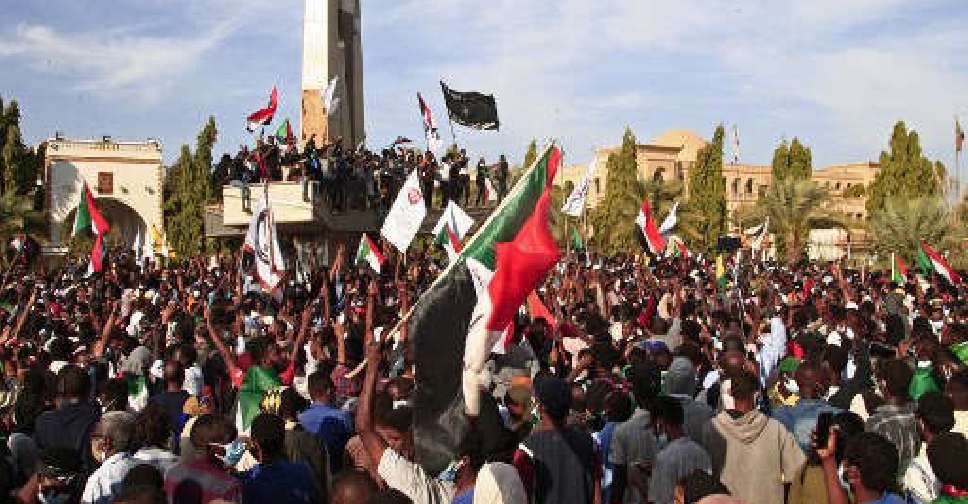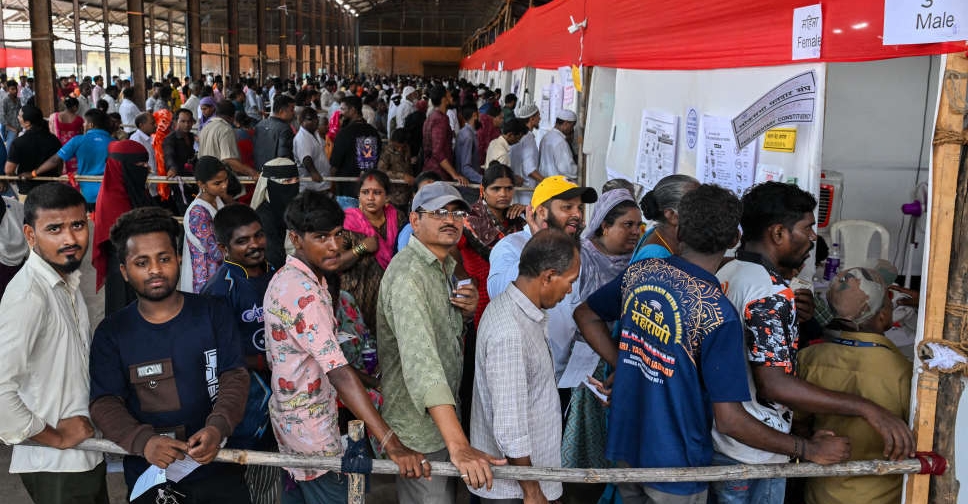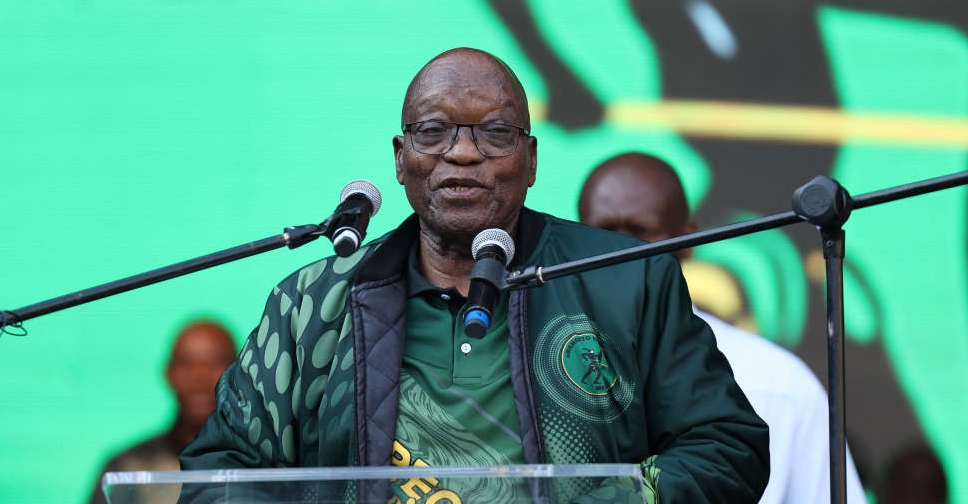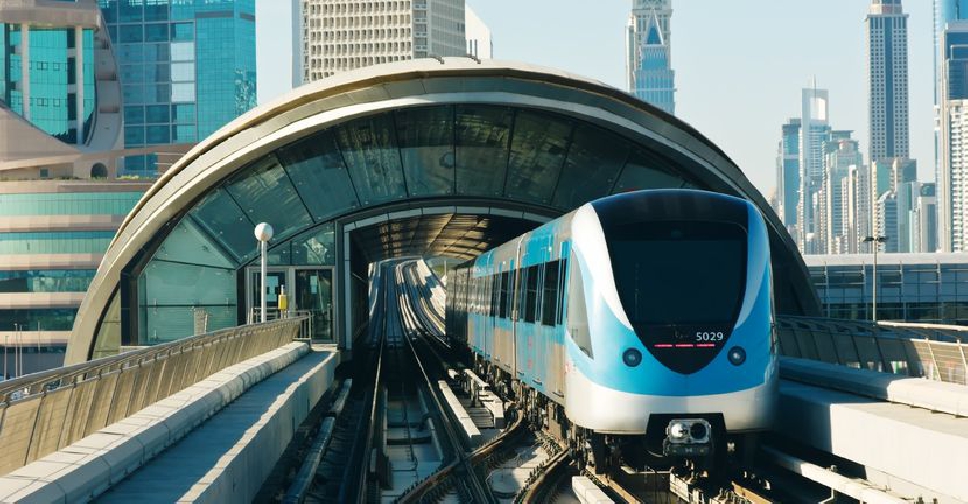
Opponents of military rule in Sudan on Saturday planned their tenth major demonstration since an October 25 coup as internet services were disrupted in the capital, Khartoum.
According to two Reuters witnesses, soldiers also blocked roads, and locals could not make or receive calls domestically.
At the same time, soldiers and Rapid Support Forces were out in force blocking roads leading to bridges linking Khartoum with Omdurman, its sister city across the Nile river, they said.
The SUNA state news agency reported that the province of Khartoum closed bridges on Friday evening in anticipation of the protests.
"Departing from peacefulness, approaching and infringing on sovereign and strategic sites in central Khartoum is a violation of the laws," SUNA reported, citing a provincial security coordination committee.
"Chaos and abuses will be dealt with," it added.
Protests against the coup have continued even after the reinstatement of the deposed Prime Minister Abdallah Hamdok on Nov. 21, with demonstrators demanding that the military should have no government role in a transition to free elections.
A senior official in one of the internet provider companies in Sudan told Reuters the service disruption followed a decision by the National Telecommunication Corporation, which oversees the sector.
The U.N. Special Representative to Sudan, Volker Perthes, urged Sudanese authorities not to stand in the way of Saturday's planned demonstrations.
"Freedom of expression is a human right. This includes full access to the Internet. According to international conventions, no one should be arrested for intent to protest peacefully," Perthes said.
The military could not immediately be reached for comment.
A march planned for Saturday is due to converge on the presidential palace, and the demonstration will end at 5 p.m. (1500 GMT), organisers say.
In Darfur, Governor Minni Minnawi asked citizens to stop looting the offices of UNAMID peacekeepers late on Friday, with sources telling Reuters they heard gunshots in the vicinity on Saturday morning.
Last Sunday, hundreds of thousands of people marched to the presidential palace, and the security forces fired volleys of tear gas and stun grenades as they dispersed protesters who had been trying to organise a sit-in.
Forty-eight people have been killed in crackdowns on protests since the coup, the Central Committee of Sudanese Doctors said.

 Iranian President Raisi killed in helicopter accident, state media says
Iranian President Raisi killed in helicopter accident, state media says
 Israel intends to broaden Rafah sweep, Defence Minister tells US
Israel intends to broaden Rafah sweep, Defence Minister tells US
 New Taiwanese president calls on China to stop threats
New Taiwanese president calls on China to stop threats
 India votes in fifth phase of elections
India votes in fifth phase of elections
 South Africa's ex-leader Zuma barred from running for parliament
South Africa's ex-leader Zuma barred from running for parliament



